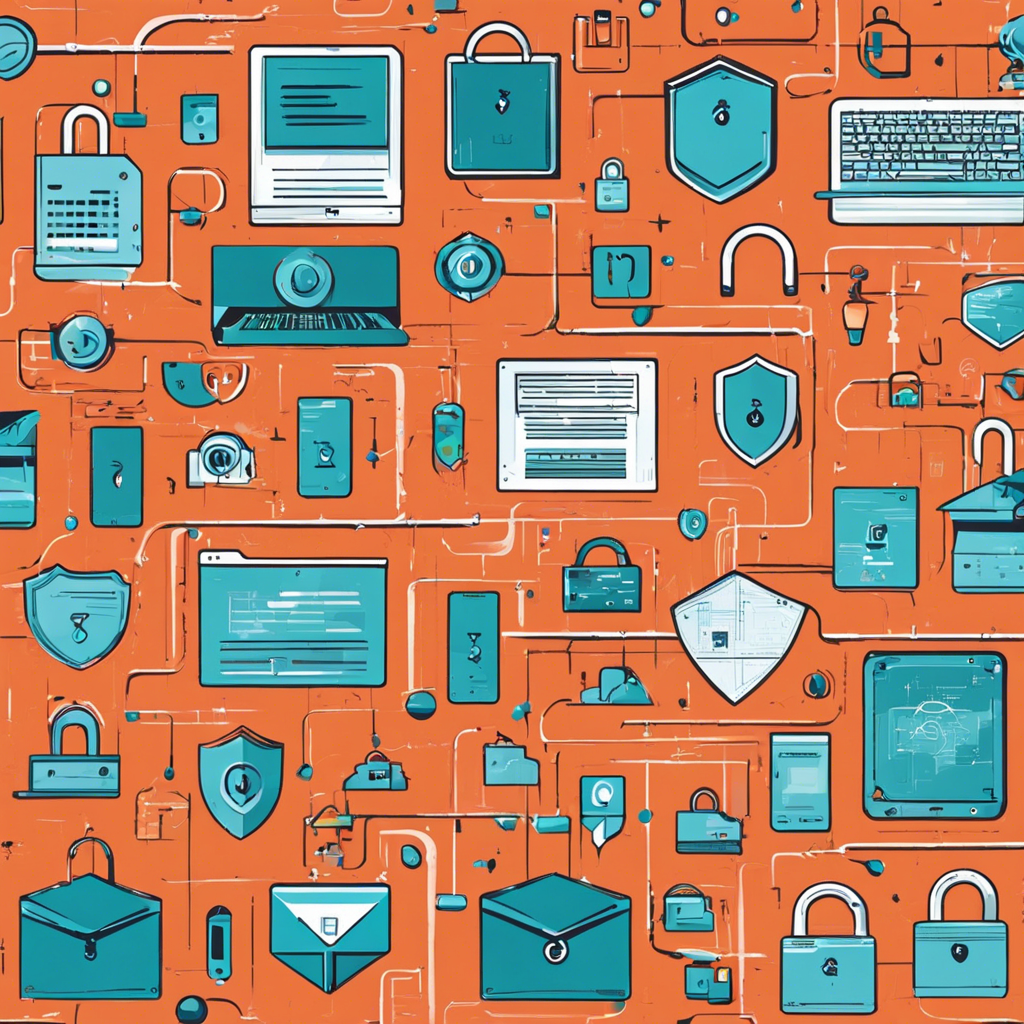Protecting your sensitive data from prying eyes has become more crucial than ever in our increasingly digital world. With cyber threats and data breaches making headlines, adopting encryption tools and techniques is a powerful step towards safeguarding your personal and professional information. Encryption ensures that your data remains secure, accessible only to those with the correct decryption key, even if it falls into the wrong hands. In this article, let’s explore some practical encryption tools and practices to fortify your digital privacy.
Passwords are often the first line of defense for any account or device. However, creating robust passwords and managing them can be challenging. Password managers come to the rescue by generating and storing complex passwords in an encrypted vault. Tools like 1Password, LastPass, and Bitwarden excel in this field, offering user-friendly interfaces and robust encryption. With a password manager, you can secure your login credentials, making it nearly impossible for unauthorized individuals to access your accounts.
Email encryption is a critical aspect of protecting your digital communications. End-to-end encryption (E2EE) ensures that only the intended recipient can read the content of your messages, and no one in between, not even the email service providers. Popular email services like ProtonMail and Tutanota offer built-in E2EE, providing a secure and private email experience. These services also allow you to set expiration dates for emails and send self-destructing messages, adding an extra layer of security.
For file storage and sharing, employing encryption ensures that your documents, images, and other files remain protected even if your cloud storage account is compromised. Certain cloud storage services, such as SpiderOak and Tresorit, provide zero-knowledge encryption, meaning they cannot access your data without your consent or decryption key. This approach guarantees that your files are shielded from unauthorized access, even by the service providers themselves.
When it comes to keeping your online browsing private, using a Virtual Private Network (VPN) is highly recommended. VPNs encrypt your internet connection, making it difficult for internet service providers, governments, or hackers to track your online activities or steal sensitive data. ExpressVPN and NordVPN are reputable VPN services known for their robust encryption protocols and no-logs policies, ensuring your browsing habits remain private and secure.
For those with more advanced technical skills, utilizing full-disk encryption (FDE) is an excellent way to protect the data stored on your devices. FDE ensures that the entire storage disk is encrypted, requiring a password or key to access it. Most modern operating systems, such as Windows and macOS, offer built-in FDE solutions like BitLocker and FileVault, respectively. Enabling these features ensures that your data remains secure, even if your device is lost or stolen.
The rise of messaging apps has led to the development of various encrypted messaging platforms. Signal and WhatsApp are popular examples, providing end-to-end encryption for text messages, voice calls, and video chats. These apps ensure that your conversations remain private and secure, protecting sensitive information from potential eavesdroppers.
Finally, let’s not forget about open-source encryption tools, which are widely accessible and often free to use. GnuPG (GNU Privacy Guard) is a well-known open-source encryption software that allows users to encrypt emails, files, and even entire disks. Open-source tools are transparent, allowing security experts worldwide to review the code for potential vulnerabilities, ensuring a more secure and reliable encryption experience.
In conclusion, encryption tools offer a powerful defense against data breaches and cyber threats. From password managers to email encryption, FDE, and encrypted messaging apps, there is a vast array of options available to safeguard your digital life. By implementing these tools and practices, you can significantly enhance your online privacy and protect your valuable data from unauthorized access. Stay secure, and remember that your digital privacy is worth protecting!
